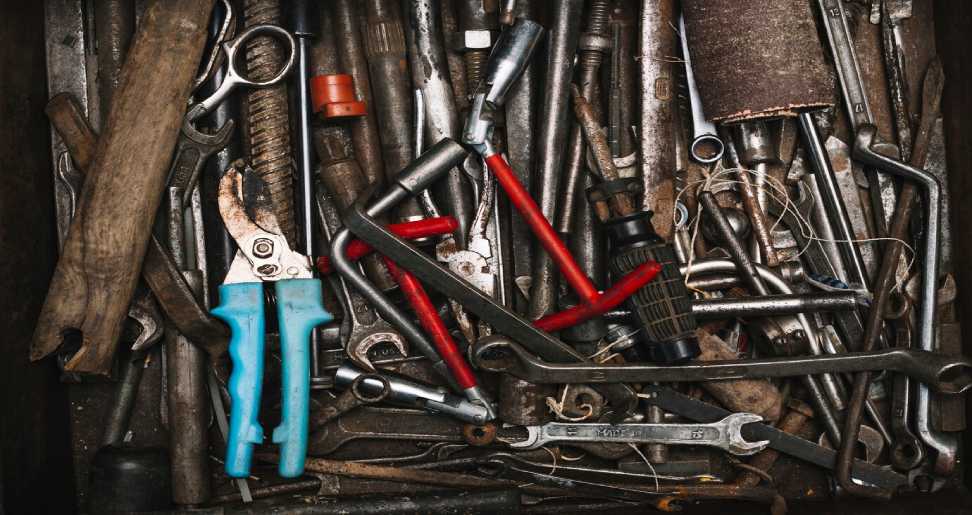Creating a functional workshop at home can be both exciting and daunting. Whether you are a hobbyist or a professional, having the right tools and equipment is crucial to making your projects successful. In this blog post, we will guide you through the essential tools and equipment you need to set up an efficient and effective workshop. From power tools to storage solutions, we’ve got you covered.
Why You Need a Functional Workshop
Having a dedicated workspace is essential for anyone serious about their craft. A well-organized workshop not only boosts productivity but also ensures safety. With a functional workshop, you can easily access your tools, reduce clutter, and create a space that inspires creativity and innovation.
Power Tools You Can’t Live Without
Drills and Drivers
A reliable drill is a must-have in any workshop. Cordless drills offer mobility, while corded ones provide endless power. Look for models with variable speed settings and a comfortable grip.
Saws
From circular saws to jigsaws, having a variety of saws can make your cutting tasks easier and more precise. Each type of saw has its unique features, so choose according to your project needs.
Sanders
Smooth finishes are essential for professional-looking projects. Belt sanders, orbital sanders, and detail sanders each serve different purposes. Investing in a good sander can save you hours of manual labor.
Hand Tools for Precision and Control
Clamps
Clamps are essential for holding pieces together while glue dries or for keeping materials steady while you work. They come in various sizes and types, so having a range is beneficial.
Measuring Tools
Accurate measurements are the foundation of any good project. Invest in a quality tape measure, calipers, and a combination square to ensure your cuts and joins are precise.
Screwdrivers and Wrenches
A set of screwdrivers and wrenches is indispensable. Look for a set that includes various sizes and types to tackle a wide range of tasks.
Safety Equipment
Eye and Ear Protection
Safety should always come first. Always wear safety glasses to protect your eyes from debris and ear protection to safeguard your hearing from loud machinery.
Dust Collection Systems
Woodworking and other crafts can produce a lot of dust. A dust collection system keeps your workspace clean and reduces the risk of respiratory issues.
Gloves and Aprons
Protect your hands and clothes with durable gloves and aprons. Choose materials that are resistant to cuts and abrasions for maximum safety.
Workbenches and Tables
Sturdy Workbench
A solid workbench is the centerpiece of any workshop. It should be sturdy enough to handle heavy-duty tasks and spacious enough to accommodate larger projects.
Portable Work Tables
For smaller tasks or when you need flexibility, portable work tables are a great addition. They are lightweight and easy to move around as needed.
Vises and Clamps
Attach a vise to your workbench for added stability when working on detailed projects. Clamps can also be used to secure materials in place.
Electrical and Lighting Essentials
Adequate Lighting
Good lighting is crucial for precision and safety. Install bright, adjustable lights to illuminate your workspace and reduce eye strain.
Power Strips and Extension Cords
Ensure you have enough power outlets for all your tools. Power strips and extension cords can help you avoid the hassle of constantly unplugging and replugging devices.
Surge Protectors
Protect your valuable tools and equipment from power surges with surge protectors. They add an extra layer of safety to your electrical setup.
Maintenance and Upkeep
Tool Sharpeners
Keep your tools in top condition with regular sharpening. Dull tools can be dangerous and inefficient, so invest in a good sharpener.
Cleaning Supplies
A clean workshop is a safe workshop. Stock up on cleaning supplies like brushes, rags, and cleaning solutions to keep your space tidy.
Regular Inspections
Periodically inspect your tools and equipment for wear and tear. Addressing issues early can prevent accidents and prolong the life of your tools.
Community and Resources
Join Workshops and Classes
Expand your skills by joining local workshops and classes. They provide valuable hands-on experience and the opportunity to learn from experts.
Online Resources
There are countless online resources available for workshop enthusiasts. Websites, forums, and video tutorials can offer tips, tricks, and inspiration.
Connect with Other Enthusiasts
Networking with other workshop enthusiasts can be incredibly beneficial. Share ideas, ask for advice, and collaborate on projects to enhance your skills.
Conclusion
Setting up a functional workshop is an investment in your craft and creativity. By equipping your space with the right tools and equipment, you’ll be able to take on projects with confidence and efficiency. Remember, a well-organized and safe workshop is the key to success. If you’re ready to create custom sheds in Salt Lake City or any other project, start by building your dream workshop today.
Have A Look :-
- Spynger Reviews 2024: Is Spynger Legit Or A Scam?
- Discover The Best Travel Jobs to Make Money in 2024
- Biocentrism Debunked: A Critical Look At A Controversial Theory

